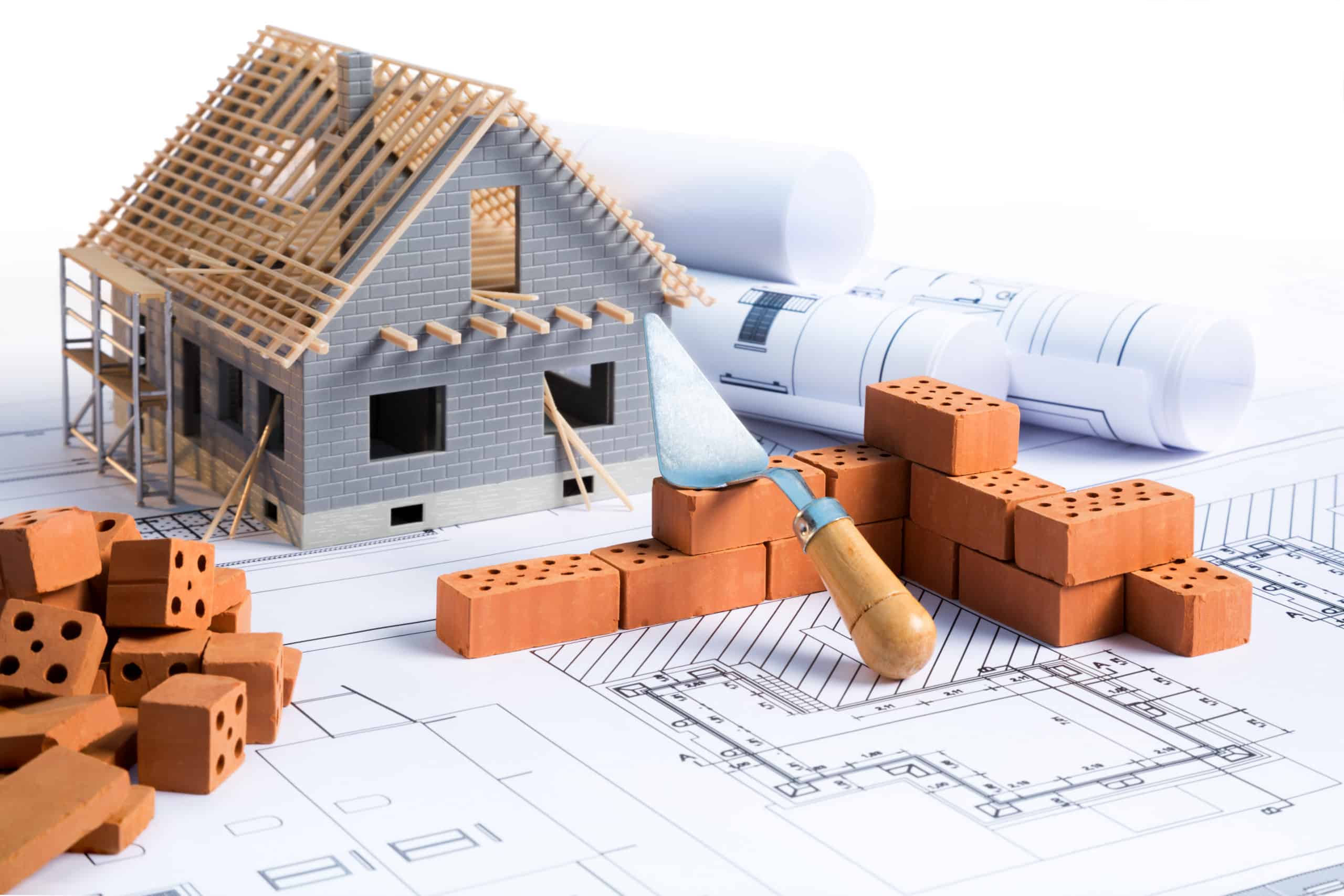
The research shows that this figure is the lowest share recorded since 2014, and is down from 35%, 58,000, in 2019.
The share of flat completions sold off-plan fell from 58% in 2019 to 50% in 2020, however the share of off-plan house completions rose from 29% in 2019 to 30% in 2020.
Historically more new homes have been sold off-plan in London than anywhere else.
Over half of new homes (52%) which completed in the capital last year were sold in advance of completion.
Meanwhile, flats accounted for between 90% to 95% of the total number of new home sales in London.
New build homes in the South West and Yorkshire & Humber were least likely to be sold off-plan, with just 22% of 2020 completions bought before the end of construction.
In 2020, there were more flats sold off-plan in the North West and North East than anywhere else in England and Wales.
In the North East, 80% of flat completions last year were sold off-plan, while in the North West the comparable figure was 68%.
Looking at the data on a local authority level, Spelthorne in Surrey had the highest percentage of off-plan completions last year at 81%.
This was followed by Waltham Forest at 80% and Lambeth at 77%.
David Fell, senior analyst at Hamptons, said: “Securing off-plan sales is fundamental to the health and profitability of most new developments.
“By selling some homes before they are built, developers can reduce the sales period and generate an income before the scheme is complete, often using the money to fund ongoing works and repay loans.
“While overall fewer new homes were sold off-plan last year than in 2019, there was an increase in houses sold off-plan.
“The post-pandemic space race, which has driven country markets, has also fuelled off-plan house sales.
“Owner-occupiers have proved increasingly likely to commit to a house off-plan, although typically this tends to be months rather than years before completion.
“The introduction of the 3% stamp duty surcharge in 2016 proved a tipping point. Since then, fewer homes have been sold off-plan.
“Typically investors are more likely to commit to buying a home during or pre-construction than any other buyer type but with fewer investors in the market, it has become harder to sell homes off-plan.
“However, Help to Buy has softened this blow, with around four in 10 new homes sold using the scheme.”



